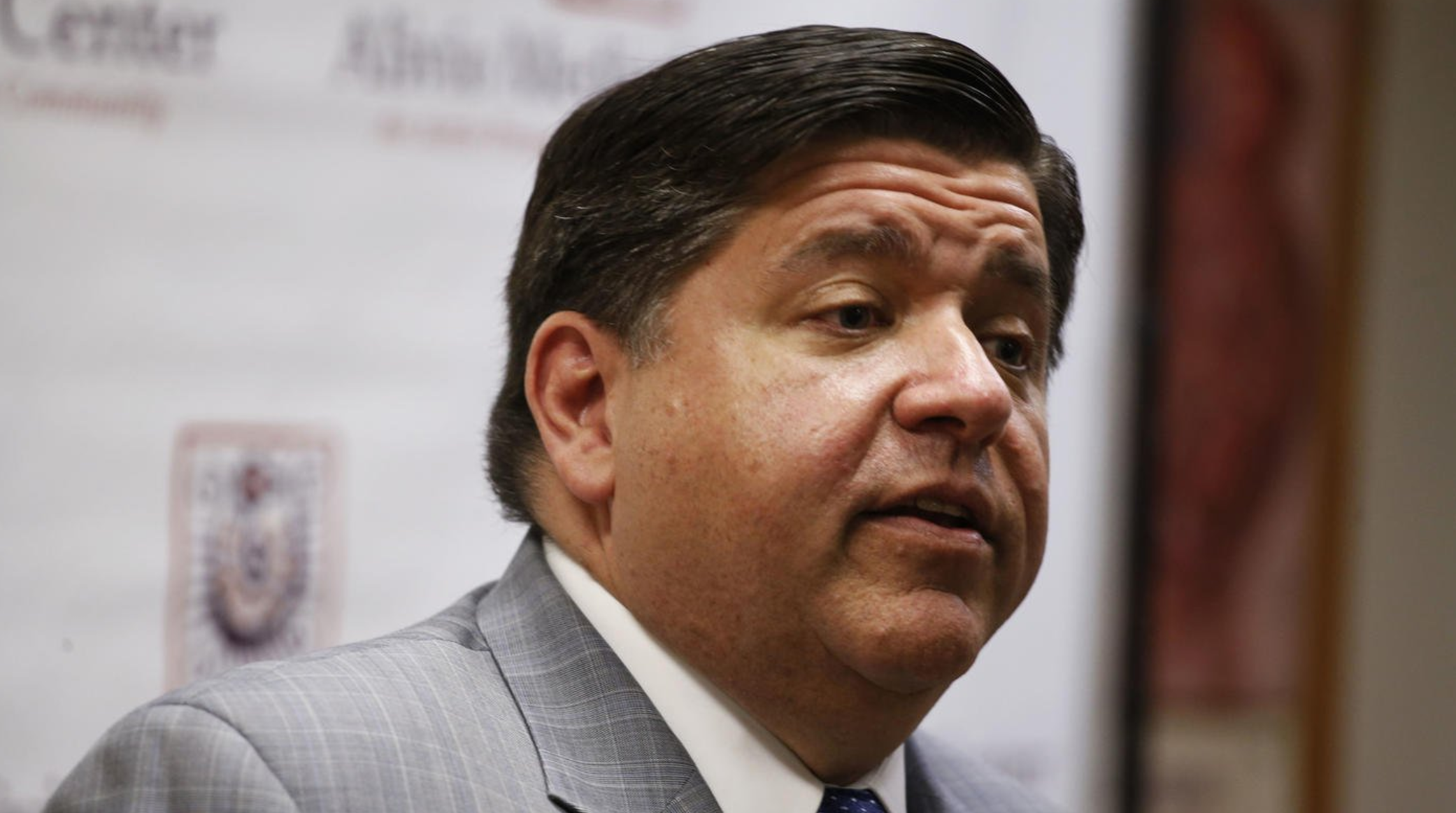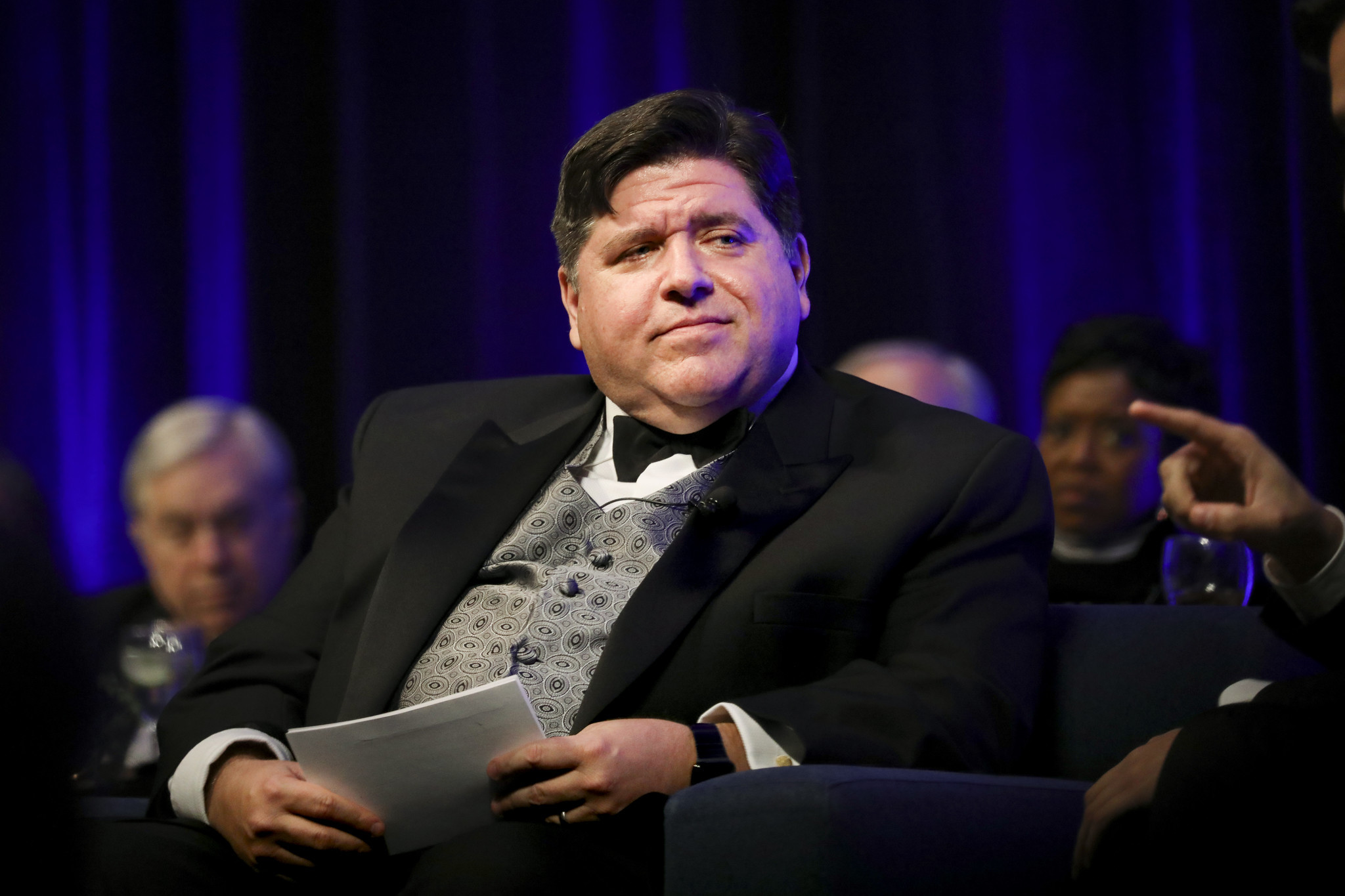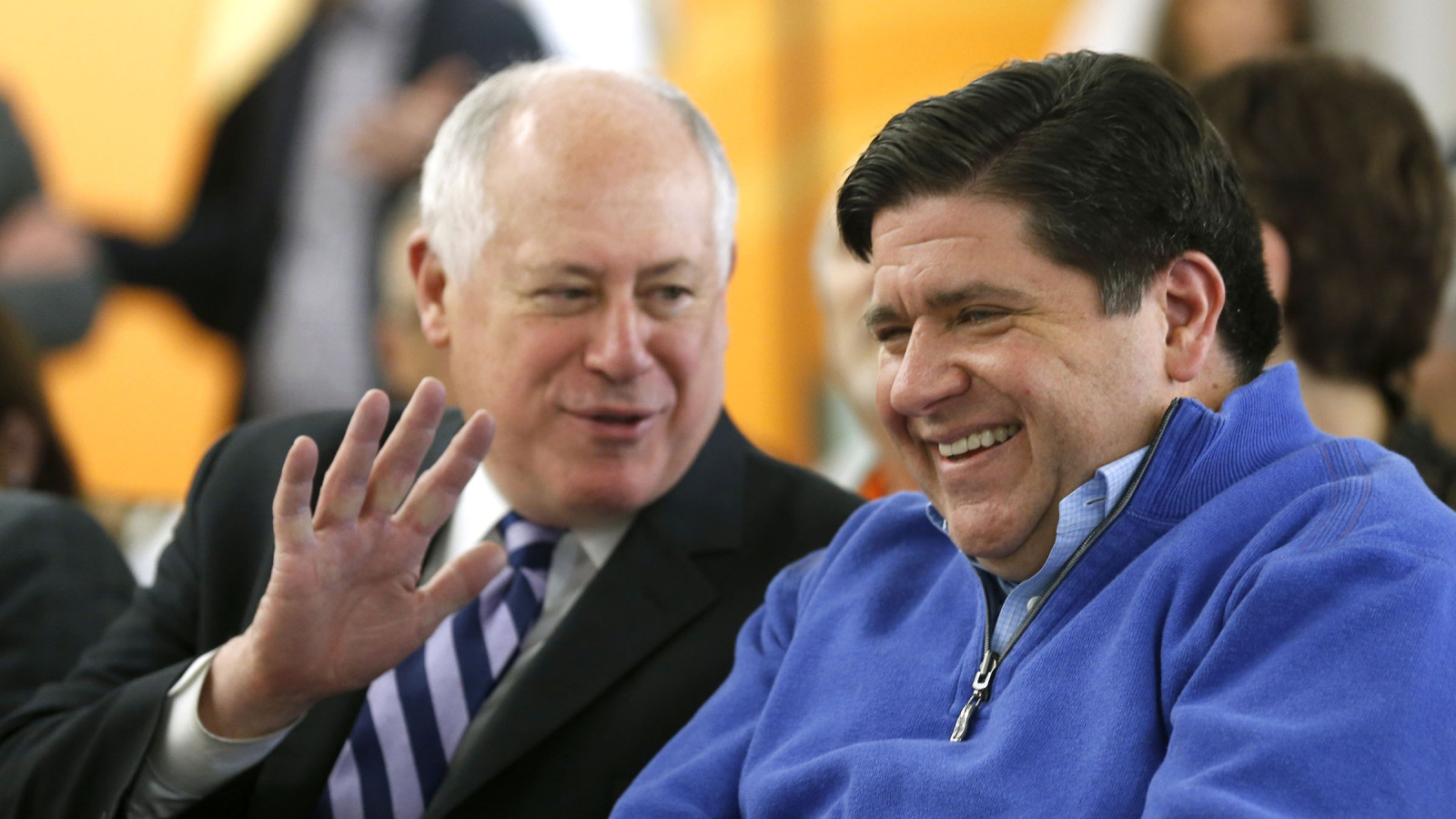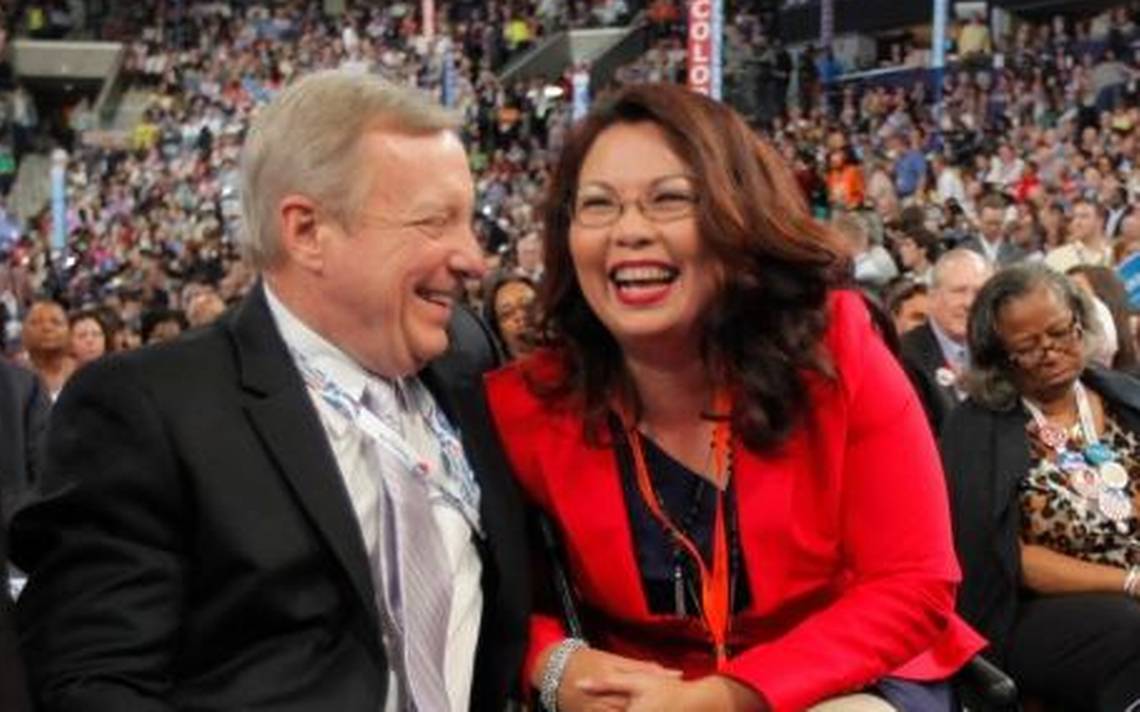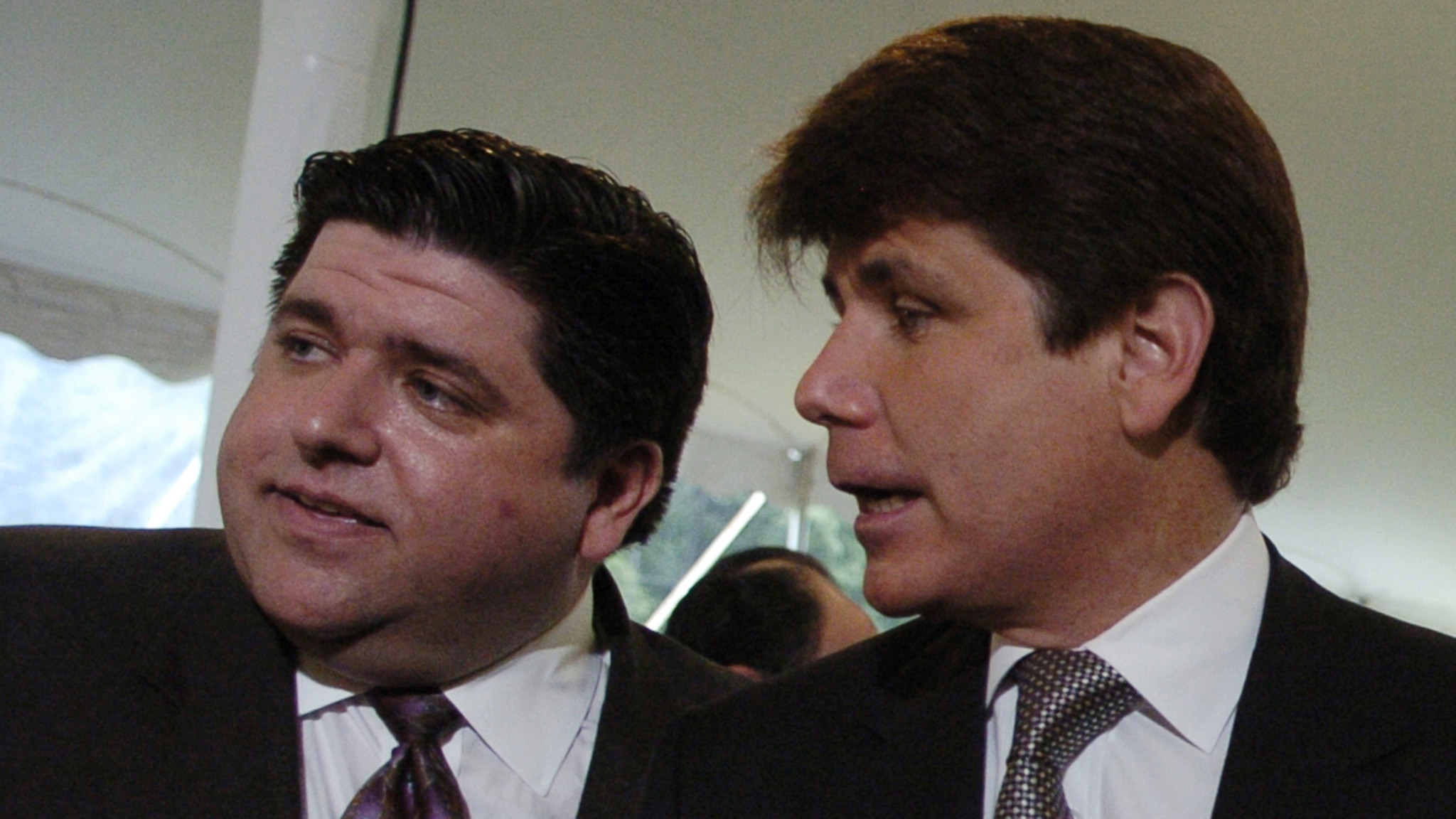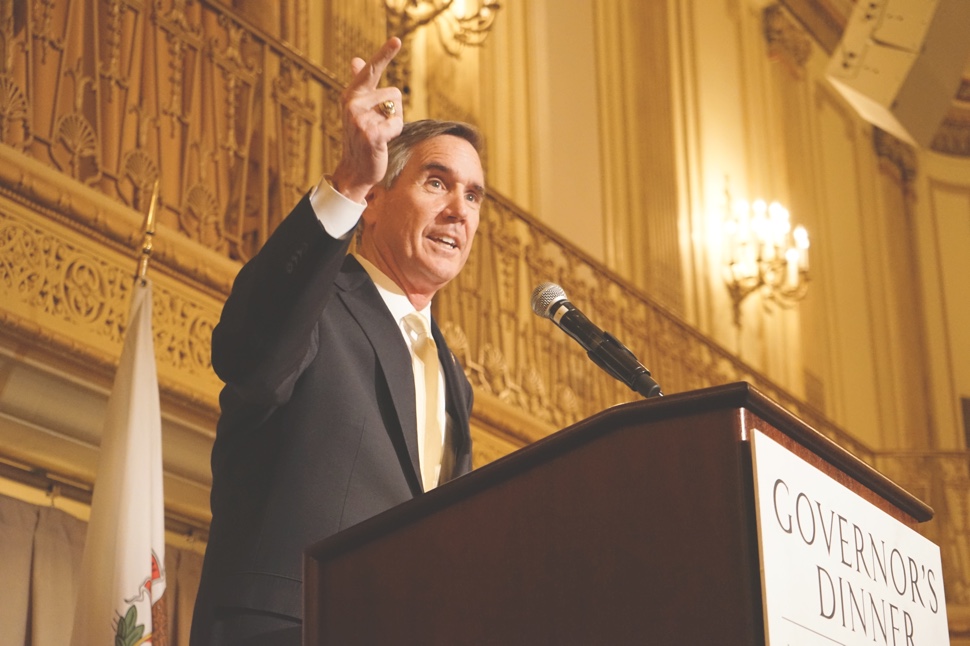Underwood, Casten, and Bustos together would receive over $17 million in public funds for their Congressional campaigns if they opted-in the program
“H.R. 1 is nothing more than an unconstitutional, political power grab by Democrats in Washington. Voters and taxpayers across Illinois need to know that their Democratic members of Congress want to force them to publicly fund and subsidize political speech they might disagree with. Lauren Underwood, Sean Casten, and Cheri Bustos together would receive over $17 million in public funds if they opted-in the program they voted for. That’s wrong. The Federal government has no business funding political campaigns with scarce public resources.” – Illinois Republican Party Spokesman Aaron DeGroot
Last Friday, Congresswomen Lauren Underwood and Cheri Bustos, Congressman Sean Casten, and other Illinois Democrats voted for legislation that would publicly finance political campaigns and federalize many election administration regulations currently handled by state and local governments.
One major aspect of the legislation would create a 6-to-1 government match on small-donor campaign contributions for candidates who qualify and choose to opt-in to the program. For every $200 contribution, the federal government will pay $1,200 in public funds to a congressional or presidential campaign. Here’s how much public funding a few Illinois Democrats would receive based on small-dollar contributions they received during last year’s election:
- Cheri Bustos (IL-17) – $3,017,262 in public funds for her campaign
- During the last election cycle, Bustos received $502,877 in contributions totaling $200 or less
- Lauren Underwood (IL-14) – $7,279,224 in public funds for her campaign
- During the last election cycle, Underwood received $1,213,204 in contributions totaling $200 or less
- Sean Casten (IL-06) – $7,124,862 in public funds for his campaign
- During the last election cycle, Casten received $1,187,477 in contributions totaling $200 or less
Congressman Rodney Davis, the Ranking Member of the House Administration Committee, issued a statement outlining the top ten most egregious provisions of H.R. 1 prior to the legislation’s passage:
- Creates a 6:1 government match to any small donor contributions of $200 or less in a congressional or presidential campaign, meaning for every $200, the federal government will match $1,200.
- Creates a new voucher pilot program that grants eligible voters a $25 voucher to donate to any campaign of their choosing.
- Weaponizes the Federal Election Commission by altering the current bipartisan makeup of a six-member commission to a partisan five-member commission which will limit free speech and make partisan decisions about election communications.
- Weakens the voting system of the American people by increasing the election system’s vulnerability and failing to implement the necessary checks and balances regarding who is registering to vote. H.R. 1 will force states to allow online voter registration, automatic voter registration, and same-day voter registration with no safeguards.
- Raises constitutional concerns under the First Amendment by proposing to limit free speech and imposing vague standards that disadvantage all groups who wish to advocate on behalf of any legislative issue.
- Diminishes the process of Election Day voting by expanding “no excuse” absentee voting and allowing for any eligible voter to be able to cast their ballot by mail with no additional safeguards to this process.
- Disregards state voter identification laws by allowing sworn statements to be used in place of identification and allowing for signature verification, which can be submitted through a photo if the voter registers online.
- Does not provide states adequate enforcement mechanisms to guard against fraud.
- Impedes states’ ability to determine their registration and voting practices, as protected under Article 1, Section 4 of the Constitution and violates separation of powers by Congress mandating ethics standards for the Supreme Court. H.R. 1 is a constitutional overreach.
- Forces states to count provisional ballots cast outside of the voter’s correct precinct which will inevitably result in the election of candidates at the state and local level by non-qualified residents.
Even the left-leaning ACLU has stated H.R. 1 “would unconstitutionally infringe on the speech and associational rights of many public interest organizations and American citizens.”
H.R. 1 is nothing more than an unconstitutional, political power grab by Democrats in Washington. Voters and taxpayers across Illinois should remember that the Democratic members of Congress want to force them to publicly fund and subsidize political speech they might disagree with. That is wrong.
Elections are best administered by state and local governments – as close to the people as possible. The Federal government has no business funding political campaigns with scarce public resources.
###



